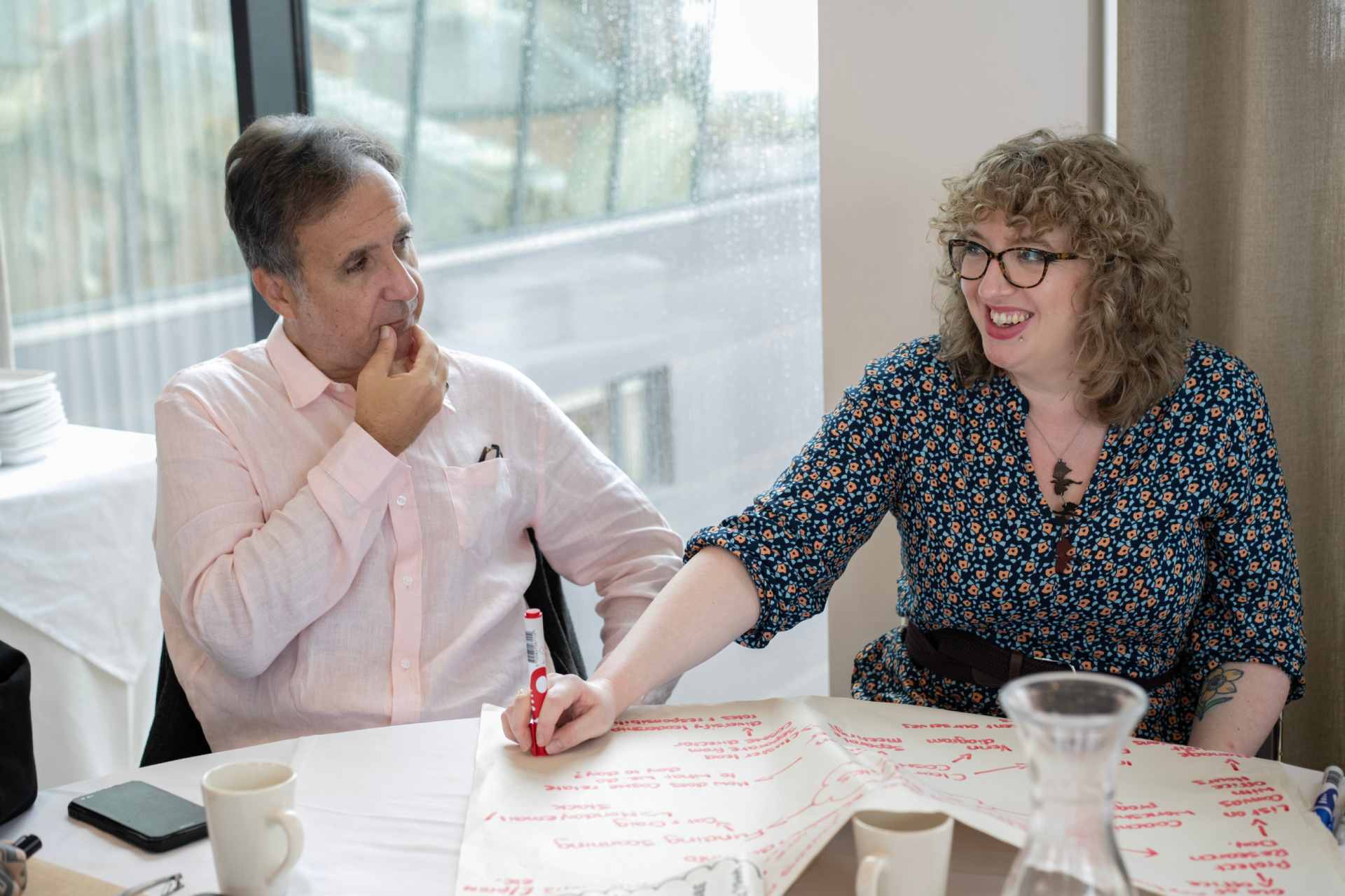MSc Strategic Communication
Organisations and institutions operate today in an increasingly complex environment where they have to respond to different, sometimes conflicting, societal and economic demands from a variety of audiences and stakeholders. In such context, there is growing market demand for communication experts who can help organisations (re)build trust, enhance reputation and, more in general, realise their strategic goals.
The MSc Strategic Communication offers a cross-disciplinary education with a distinctive focus on:
- How corporate leaders, governments, public institutions, NGOs and even celebrities make use of narrative and argument to build consensus and dialogue with stakeholders and to (re)construct their reputation and trustworthiness, especially in crisis situations.
- The role of digital media, particularly social media and AI, in enhancing strategic communication and informing strategic planning.
- The contexts and practices of strategic communication (e.g. financial communication and investor relations; political campaigns; crisis management; branding, policy change, takeover and mergers): how they are shaped through discourse strategies and how discourse strategies affect them.
The programme combines a range of conceptual knowledge and practical skills which are crucial for successfully and critically engaging in a variety of strategic communication activities, such as defining and effectively sharing the mission, vision and values of an organisation, responding to a crisis, launching new products and services or supporting strategic initiatives like mergers, event promotions, and campaigns for political elections, health prevention or policy change.
You will learn how to define communication issues and objectives in line with organisational goals; to analyse contexts, situations and audiences; to design spoken and written communication that are at the same time sound, persuasive and compliant with legal and ethical requirements; to exploit the potential offered by established communication technologies and new digital media to effectively engage stakeholders.
Practical projects include a variety of activities like designing and delivering effective public speeches, building digital media campaigns and writing of digital communications for live briefs.
The programme creates many opportunities of interaction with communication experts and leaders enabling you to familiarise yourself with relevant professional contexts and learn more about current challenges in strategic communication practices. Through the final project, you will have the opportunity to develop an empirical or theoretical dissertation or to develop a research project in collaboration with an organisation.
You'll able to pursue your own specific research/study interest in strategic communication via a 12,000-15,000 word dissertation and by choosing three further modules from a range of other M-level modules provided by the department or wider school.

Why Communication and Media at the University of Liverpool?
The Department of Communication and Media employs around 35 permanent staff who work on a wide range of interdisciplinary research on topics. Find out more.